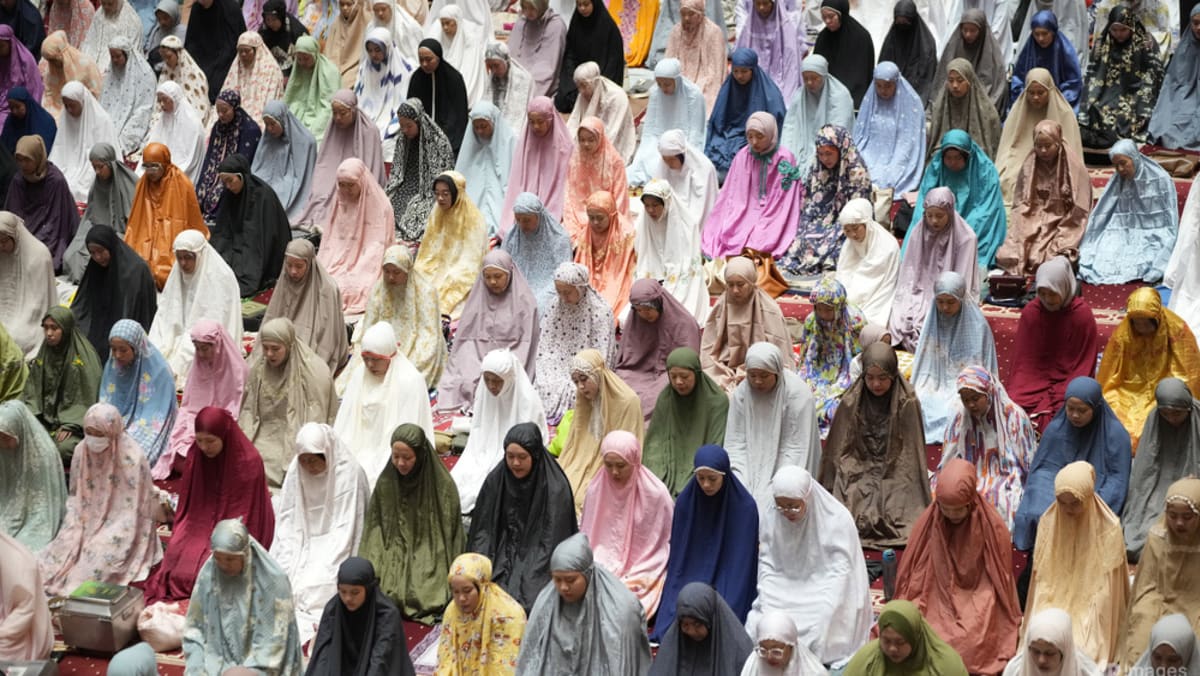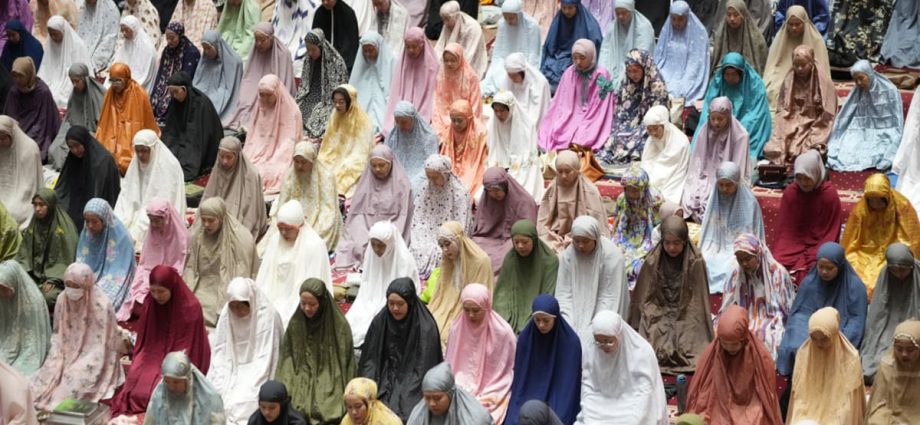
JAKARTA: Indonesian President Joko Widodo’s instruction to ban public officials from staging iftar gatherings during the Muslim holy month of Ramadan has divided opinion on the ground and sparked confusion among civil servants.
In a circular distributed to ministries and government institutions across the country, the president, popularly known as Jokowi, said “the staging of iftar gatherings during the holy month of Ramadan must be called off.”
The circular, signed by Cabinet Secretary Pramono Anung and dated Tuesday (Mar 21), explained that: “(Indonesia) is currently in a transition period from a (COVID-19) pandemic to endemic. Therefore, caution is still required.”
Mr Anung also said on the presidential office’s YouTube channel on Thursday evening that “the ban is only directed at coordinating ministers, ministers and chiefs of government institutions.”
“It does not apply to ordinary citizens. Ordinary citizens can still stage iftar gatherings,” he said.
However, the Tuesday circular had also said that all senior government officials are expected to forward this instruction to all employees at their respective ministries and institutions. This has sparked confusion on whether the ban applies to all civil servants.
Politicians and academics also criticised the ban’s pretext of preventing the spread of COVID-19 since it was issued three months after the government lifted all pandemic-related restrictions.
Millions of people across the Muslim-majority nation are obliged to fast from dusk until sunset during the holy Islamic month. It is customary in Indonesia to occasionally break the fast, known as iftar, together with friends, relatives and acquaintances.
COVID-19 NOT THE ONLY CONSIDERATION
The ban came amid heightened public scrutiny towards government officials’ wealth and lifestyle, after several mid-ranking civil servants were recently suspended for having irregularly large amount of assets.
The suspensions led people to scrutinise social media accounts belonging to government officials and members of their families for indications of ostentatious consumption.
On Thursday, Mr Anung noted that COVID-19 was not the only consideration for the ban. “Right now, civil servants and public officials are under intense public scrutiny. Therefore, the president is asking public officials and civil servants to perform their iftar modestly,” he said.

